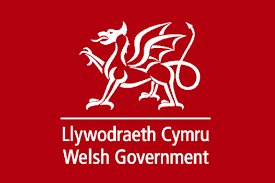Latest Public Accounts Committee report on rural broadband programme published
The Public Accounts Committee (PAC) discussed today the National Audit Office progress report on the Government’s superfast rural broadband programme.
In a more positive session, the Committee reviewed with the panel (DCMS, BT Group and BDUK representatives) issues raised in previous meetings, including the lack of transparency on the detail of the roll-out plans including costs and level of competition in public funding.
During the discussion, Chris Townsend, of BDUK, reiterated its commitment to deliver the Universal Service Commitment (access to a broadband connection of 2Mbps download speed to 100% of UK premises) by the end of 2015. Interestingly, both DCMS and BDUK emphasised the need to explore the use of technologies other than fibre-to-the-cabinet (particularly the use of satellites) to provide broadband access to the remaining 5% of the UK premises.
On the issue of costs transparency, BDUK and DCMS stressed that actual cost comparisons provide enough information to enable local authorities to assess whether their costs are reasonable.
The importance of ensuring that small businesses have access to superfast broadband was also discussed – this is an area that the BSG have focused on and will continue to analyse.
Some of the key findings of the report were that;
- the availability and quality of roll-out plans has improved as 42 out of 44 local bodies published maps and postcode checkers,
- take-up of superfast broadband has been significantly faster than anticipated,
- costs for rolling-out superfast broadband to 90% of UK premises by 2016 (Phase 1) were lower than anticipated,
- The delivery of Phase 2 (coverage of 95% of UK premises by December 2017) is therefore likely to require less public funding.
The full report can be accessed at: http://data.parliament.uk/writtenevidence/committeeevidence.svc/evidencedocument/public-accounts-committee/rural-broadband-progress-update/written/17767.pdf





